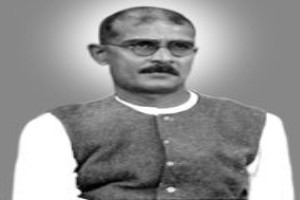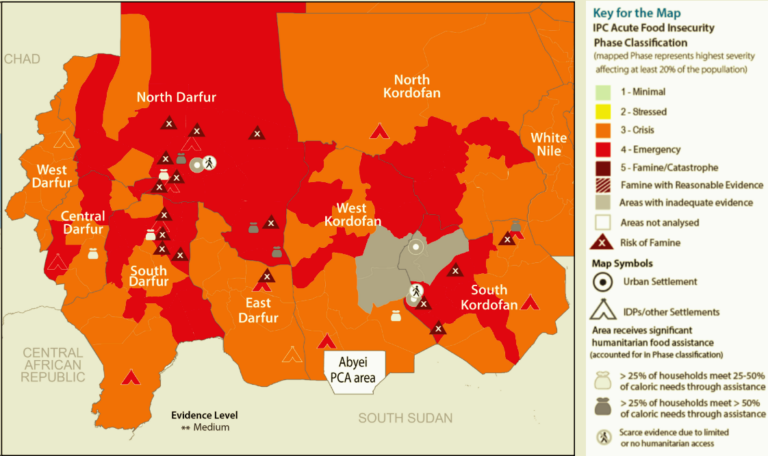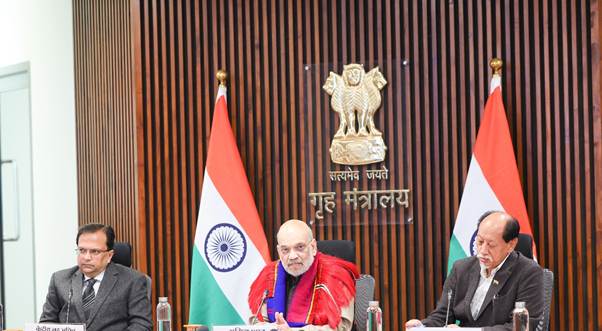
The East India Company And Beyond
 By Mahadev H. Desai*
By Mahadev H. Desai*
(This article was published on July 26, 1921 in Bombay Chronicle)
“We have during the period of a quarter of a century compelled the Indian territories to receive our manufactures; our woollens, duty free, our cottons at 2 2/1 per cent, and other articles in proportion; while we have continued during that period to levy almost prohibitory duties, or duties varying from 10 to 20, 30, 50, 100, 500 and 1,000 per cent, upon articles, the produce from our territories. Therefore the cry that has taken place for free trade from this country, not a free trade between India and this country….. The decay and destruction of Surat, of Dacca, or Murshidabad, and other places where native manufactures have been carried on, is too painful a fact to dwell upon. I do not consider that it has been in the fair course of trade; I think it has been the power of the stronger exercised over the weaker” – Montgomery Martin
Also read: Gandhiji would say to them, “You should have compared your transcript with Mahadev’s notes”.
Mr. Brocklehurst: The fact that weavers either in the one country or the other, must be sacrificed, and that sacrifice having already taken place in India, you wish to revive the population of India at the expense of this country?
Mr. Martin: I do not wish to revive it, but I wish to prevent continued injury to India. But it does not necessarily follow that the weavers of England would be destroyed by admitting the natives of India to compete with them in this country, because the natives of India have no power-looms and no means of employing skill and capital to the extent that the manufacturers of Glasgow and Manchester have.
Mr. Brocklehurst: The questions that have been asked refer entirely to fine fabrics which cannot be woven by power. The question is, whether we are to give up fine weaving in this country, or to retain it?
Mr. Martin: If it is only to be retained at the expense of injustice to India, my answer is, that England ought to act with justice, no matter what the result may be. That she has no right to destroy the people of a country which she has conquered, for the benefit of herself, for the mere sake of upholding any isolated portion of the community at home.
Mr. Brocklehurst: When the transfer of India to Government of this country took place in 1833 (sic.) the destruction of weaving in India had already taken place and therefore it is not a question of destruction, for that is past; and we have it in evidence that India is an agricultural rather than a manufacturing country, and that the parties formerly employed in manufacturers are now absorbed in agriculture. Does it occur to you that there is an opening in this country, if manufacturers are displaced, for the people to turn to agriculture?
Mr. Martin: I do not agree that India is an agricultural country; India is as much a manufacturing country as an agricultural; and he who would seek to reduce her to the position of an agricultural country seeks to lower her in the scale of civilization. I do not suppose that India is to become the agricultural farm of England; she is a manufacturing country, her manufactures of various descriptions have existed for ages, and have never been able to be competed with by any nation wherever fair play has been given to them. I speak not now of her Dacca Muslins and her Cashmere shawls, but of various articles which she has manufactured in a manner superior to any part of the world. To reduce her now to an agricultural country would be an injustice to India.”
The note on “Mr. Gandhi’s new phase” in the “Times of India” and “The Chronicle’s” criticism thereon in the article headed “Purification or Punishment” put one forcibly in mind of a controversy that raged in 1840. The East India Company, having then been compelled under the terms of the charter that was renewed in 1883 to discontinue and abstain from all commercial business in India, began to evince a sudden interest in India and her manufactures, and in 1840 presented a petition to Parliament for the abolition of all duties which fell heavily on the Indian industries. Mr. Brocklehurst in the quotation at the top was on the Committee appointed by the House of Commons to report on the petition, and he represented the British manufacturers. The questions and answers between him and Mr. Montgomery Martin, a much travelled student of affairs in the Eastern Colonies and India, though relating to a controversy that took place 80 years ago appear to be as fresh as though they took place today, and the “Times” criticism is a sad reminder of the fact that the tribe of Brocklehurst is not yet extinct. The question then, as now was between the British interests and injustice to India and the critics of today would have British interests absolutely safeguarded, even at the expense of continuing injustice to India. Probably the wounds were then too green to set the rapacious injustice in high relief, and the brazen-facedness of the British interests is not quite apparent today on account of our having been accustomed to the agony of the wounds by the passage of time.
However much the article of the “Times” was based on a confusion of thought it attempted to show that the boycott of foreign cloth was intrinsically wrong in as much as it would result in punishment of both Mr. Gandhi’s friends and enemies. It is my purpose here to show how an act of duty differs from acts of punishment, how England has reared her edifice of trade on shameless acts of punishment, how we have been occasionally party to those acts and how having had a clear measure of those sins we should prepare ourselves for purification commensurate with them.
– To be continued
Mahadev Desai was an eminent freedom fighter and Mahatma Gandhi’s personal secretary; article courtesy his grandson, Nachiketa Desai





